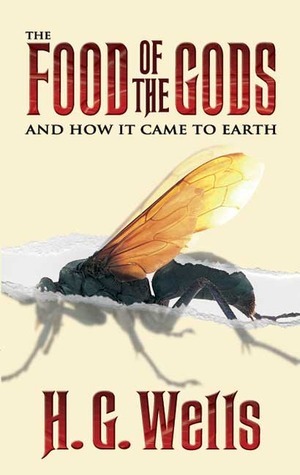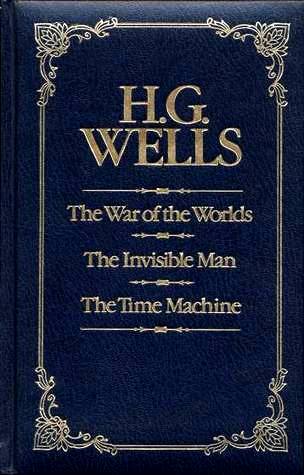
The War of the Worlds
Book Description
A fiery streak blazes through the night sky, heralding an invasion that will shake humanity to its core. As towering Martian machines unleash devastation upon the unsuspecting Earth, fear grips the hearts of men and women alike. Amidst the chaos, one man's desperate struggle for survival unfolds in a world turned upside down. Cities crumble, hope wanes, and the line between predator and prey blurs in this electrifying tale of extraterrestrial conquest. With every heartbeat echoing the urgency of the moment, who will rise to confront the unstoppable force, and what remains of humanity when the dust settles?
Quick Book Summary
"The War of the Worlds" by H.G. Wells is a classic science fiction novel that recounts humanity’s harrowing encounter with a Martian invasion. When mysterious cylinders crash into the English countryside, they unleash towering, heat-ray wielding tripods that devastate cities and instill terror in the populace. The unnamed protagonist, a writer, becomes a witness to the collapse of society as he desperately navigates ruined landscapes and witnesses the futility of human resistance. The narrative explores not only the ferocity of the Martians but also humanity’s vulnerability, resilience, and adaptability in the face of catastrophe. As ordinary life is upended, the novel examines the thin veneer of civilization, the instinct for survival, and the unforeseen role of nature in determining the fate of both invaders and the invaded.
Summary of Key Ideas
Table of Contents
Alien Invasion and Humanity’s Response
The opening of the story introduces the sudden arrival of Martian cylinders in the English countryside. At first, these celestial objects spark curiosity, but the tone quickly shifts to horror as it’s revealed that the Martians are hostile invaders. Unleashing their deadly heat-rays and black smoke, the Martians construct colossal tripods and begin a relentless campaign, overwhelming any human military resistance. The protagonist describes the panic that grips society, as news spreads and chaos ensues, with people attempting to flee the encroaching menace.
Collapse of Civilization and Social Order
Society’s collapse unfolds rapidly as the Martians advance. The government and armed forces mount a defense, but their weapons prove ineffective against the alien technology. Social norms break down amid the chaos—cities empty, families are separated, and lawlessness grows. People’s true natures emerge, with some showing selflessness and courage, while others act selfishly or descend into madness. The narrator’s harrowing encounters—particularly with the panicked artilleryman and the delusional curate—highlight the psychological toll on survivors and the fragility of civilization.
Survival, Instinct, and Adaptation
Through the protagonist’s journey, Wells explores the themes of survival and adaptation. The narrator and other characters must overcome fear, hunger, and desperate conditions as they hide or attempt to escape Martian-controlled areas. The drive to survive forces them to question their morals and motivations. The story’s vivid imagery of destroyed towns, refugees, and makeshift shelters underscores humanity’s vulnerability and resilience, illustrating how quickly the comforts of modern life can be stripped away.
The Limits of Human Technology
As the conflict rages, the inadequacy of human technology becomes apparent. The Martians' advanced weaponry outclasses anything the earth can muster, resulting in repeated defeats for humanity. The futility of resistance and the hubris of assuming human dominance over nature and the cosmos are overarching motifs—Wells challenges the reader to reconsider humanity’s place in the universe and the false sense of security provided by technological progress.
Nature’s Role in the Conflict
In the final act, hope emerges unexpectedly—not due to human action, but because the Martians succumb to Earth’s microscopic bacteria, to which they lack immunity. The invasion ends, reminding readers of the unpredictable power of nature. The protagonist, having endured physical and psychological trauma, observes the beginnings of recovery among the survivors. The novel concludes with a meditation on humility, resilience, and the ever-present possibility of forces beyond human understanding reshaping the course of life.
Download This Summary
Get a free PDF of this summary instantly — no email required.





